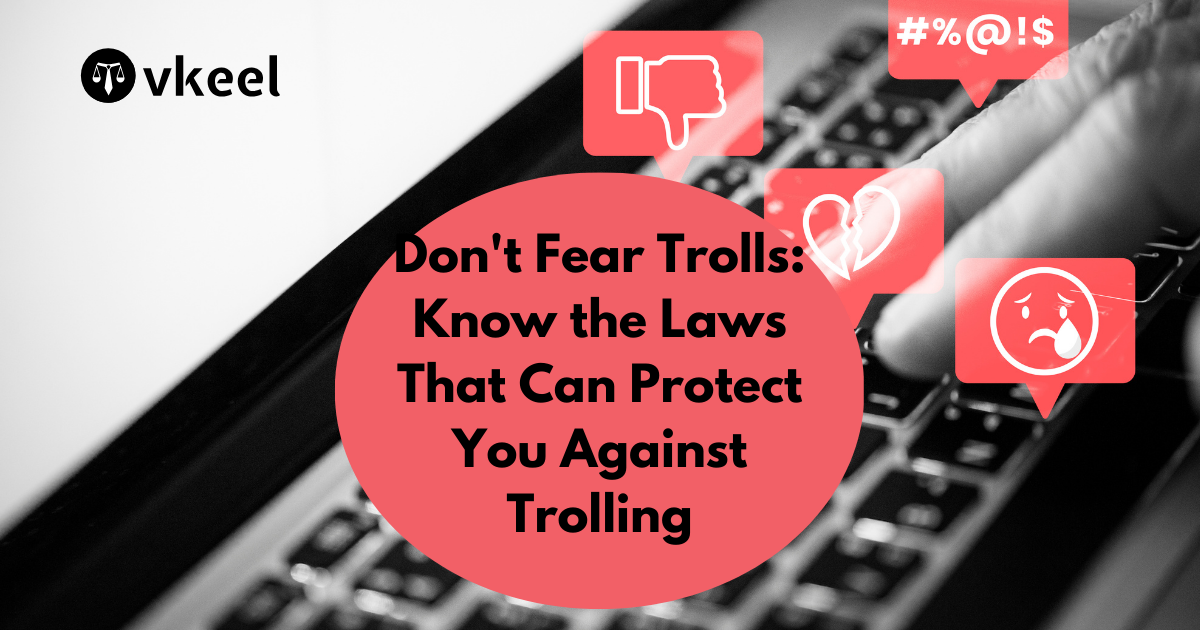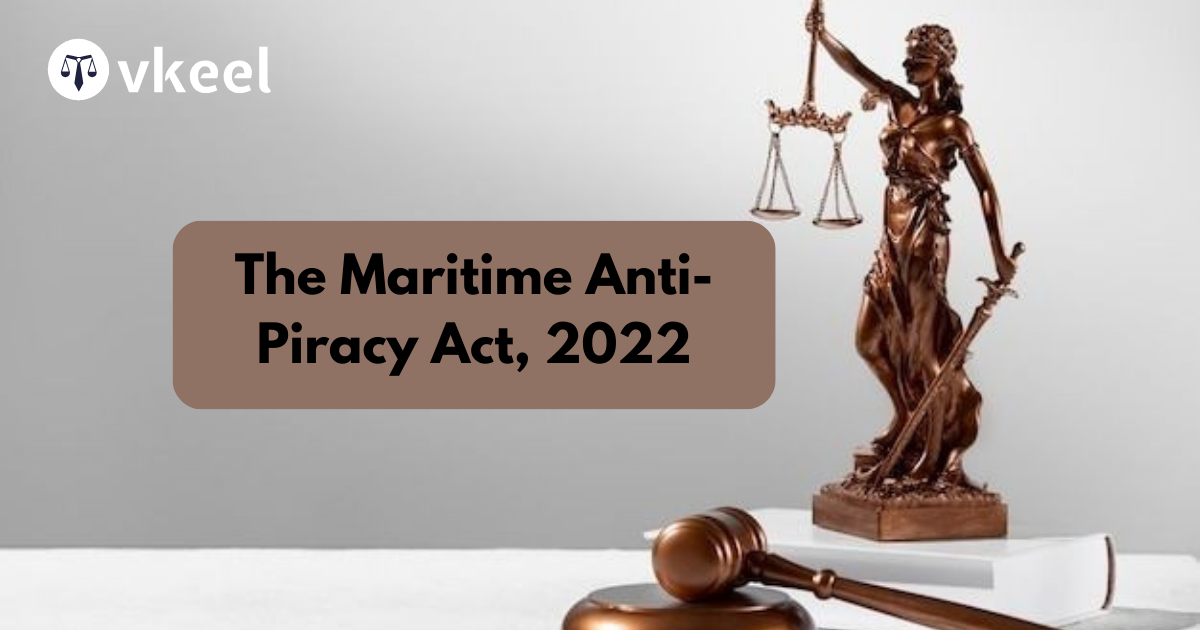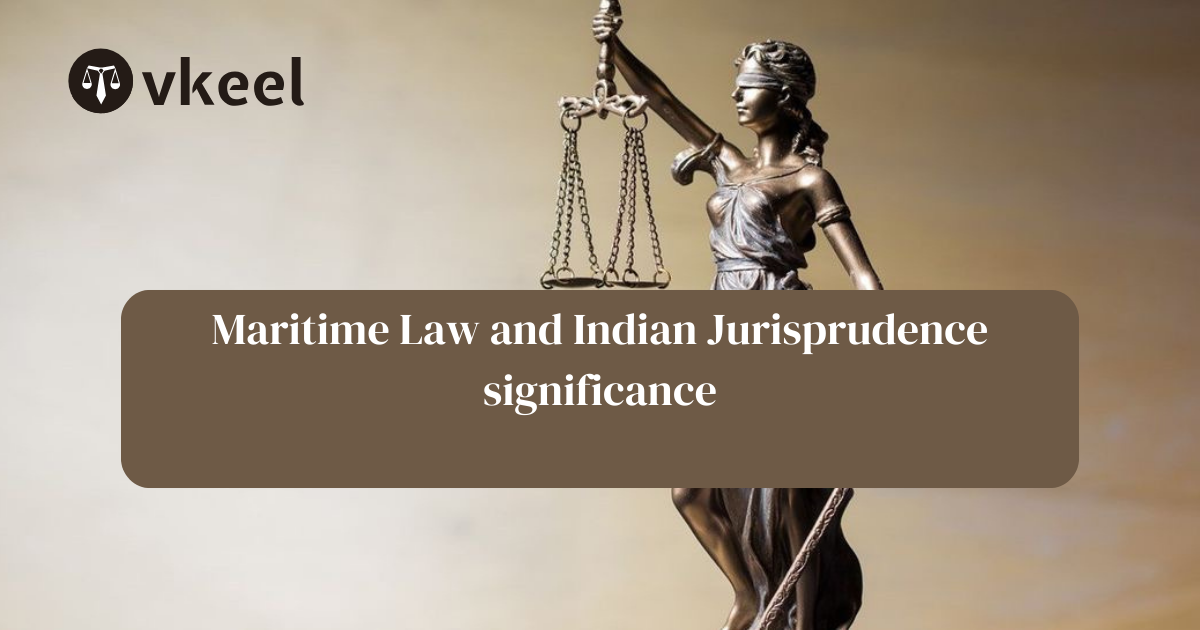Don’t Fear Trolls: Know the Laws That Can Protect You Against Trolling
By Himanshu Kumar
Table of Contents
Introduction
In the digital age, the internet has become an integral part of daily life, facilitating communication, education, and entertainment. However, with its many benefits, the internet also brings challenges, one of the most significant being online trolling. Trolling can range from annoying pranks to severe harassment, cyberbullying, and threats. Understanding the legal protections available can empower individuals to stand up against such behaviors and safeguard their online presence.
A troller, more commonly known as a troll, is an individual who deliberately posts inflammatory, irrelevant, or offensive comments or messages on the internet, particularly in forums, social media platforms, chat rooms, and other online communities. The primary intent of a troll is to provoke other users into an emotional response or to disrupt normal, on-topic discussions
Understanding Trolling and Its Impact
Trolling involves the act of deliberately provoking or harassing people online to elicit an emotional response or cause disruption. This can include spreading false information, making derogatory comments, issuing threats, and engaging in cyberbullying. The impact of trolling can be profound, affecting mental health, reputations, and even physical safety.
Impact of Trolling
Trolling can have significant negative effects on individuals and online communities:
- Emotional Distress: Victims of trolling may experience stress, anxiety, depression, and a feeling of helplessness.
- Disruption of Online Communities: Trolls can derail constructive discussions, lower the quality of conversations, and create a toxic environment.
- Misinformation: Trolls spreading false information can lead to widespread confusion and misinform the public on important issues.
- Cyberbullying: Targeted harassment by trolls can escalate to severe levels, sometimes resulting in real-world consequences for the victims.
Legal Protections Against Trolling
Several laws have been enacted worldwide to combat online trolling, addressing various aspects of cyber harassment and ensuring victims have legal recourse.
India
Information Technology Act, 2000 (IT Act)
- Section 66A: Although this section was struck down by the Supreme Court in the landmark case of Shreya Singhal v. Union of India (2015) for being unconstitutional, it initially aimed to penalize sending offensive messages through communication service.
- Section 67: Penalizes publishing or transmitting obscene material in electronic form. This can apply to trolls posting obscene content online.
- Section 66E: Protects against the violation of privacy by penalizing the capture, publication, or transmission of private images of others.
Indian Penal Code (IPC), 1860
- Section 499 and 500: Address defamation, allowing individuals to take legal action against trolls spreading false or damaging information.
- Section 354D: Deals with stalking, including cyberstalking, providing protection especially to women being harassed online.
- Section 507: Covers criminal intimidation by anonymous communication, relevant for threats made by trolls.
United States
Communications Decency Act (CDA), 1996
- Section 230: Provides immunity to online platforms from liability for user-generated content, though this has been debated and criticized for enabling platforms to avoid responsibility for trolling.
Cyberbullying Laws
- Various states have specific laws addressing cyberbullying and online harassment. For instance, California’s Cyberbullying Law allows schools to suspend students for cyberbullying.
United Kingdom
Malicious Communications Act, 1988
- This act makes it an offense to send communications with the intent to cause distress or anxiety. This includes electronic communications.
Protection from Harassment Act, 1997
- Covers harassment, including online, and allows victims to seek injunctions against their harassers.
Notable Case Laws
Shreya Singhal v. Union of India (2015)
- This landmark Indian case led to the striking down of Section 66A of the IT Act, which was deemed too vague and broad, thereby infringing on free speech. However, the case highlighted the need for balanced laws protecting individuals from online harassment while respecting freedom of expression.
Delfi AS v. Estonia (2015)
- In this case, the European Court of Human Rights held that an online news portal was liable for offensive comments posted by its users, setting a precedent for the responsibility of online platforms in regulating user content.
People v. Marquan M. (2014)
- In the United States, New York’s highest court struck down a local cyberbullying law, ruling it as overbroad and in violation of the First Amendment. The case highlighted the challenges in drafting legislation that effectively addresses online harassment without infringing on free speech rights.
Monica Lewinsky v. The Daily Mail (2018)
- Lewinsky successfully sued The Daily Mail for publishing defamatory content about her, demonstrating the applicability of defamation laws to online content and the responsibility of platforms and publishers.
Recent Amendments and Developments
India’s IT (Intermediary Guidelines and Digital Media Ethics Code) Rules, 2021
- These rules mandate that social media intermediaries implement robust grievance redressal mechanisms, appoint grievance officers, and remove harmful content within a specified timeframe. They aim to hold platforms accountable for user-generated content and ensure quick action against trolling.
United States’ EARN IT Act (2020)
- Proposed legislation aimed at combating online child exploitation by holding tech companies accountable for user content. It has implications for how platforms manage all forms of harmful content, including trolling.
EU Digital Services Act (DSA)
- This forthcoming legislation seeks to create a safer digital space by regulating online content and ensuring accountability for platforms. It addresses issues like hate speech, disinformation, and online harassment.
Practical Steps for Protection Against Trolling
While legal frameworks provide necessary protections, individuals can also take practical steps to protect themselves against trolling:
- Privacy Settings: Adjusting privacy settings on social media platforms can limit exposure to potential trolls.
- Blocking and Reporting: Most social media platforms offer tools to block and report abusive users.
- Documenting Abuse: Keeping records of all interactions with trolls, including screenshots and saved messages, can be critical if legal action is pursued.
- Seeking Legal Advice: Consulting with a legal professional can provide guidance tailored to individual circumstances and help in understanding the appropriate legal recourse.
The Role of Online Platforms
Online platforms play a crucial role in combating trolling. They must enforce community standards, implement effective moderation practices, and provide users with tools to report and block trolls. The cooperation between legal frameworks and platform policies is vital in creating a safer online environment.
Conclusion
Trolling, while pervasive, can be effectively countered through a combination of robust legal protections and proactive measures by individuals and online platforms. Understanding the laws that protect against online harassment empowers individuals to take action and seek justice. Legal reforms and amendments continue to evolve, aiming to strike a balance between protecting free speech and safeguarding individuals from online abuse. By staying informed and utilizing available resources, individuals can navigate the digital landscape with confidence and resilience.
Disclaimer:
The information provided in the article is for general informational purposes only, and is not intended to constitute legal advice or to be relied upon as a substitute for legal advice. Furthermore, any information contained in the article is not guaranteed to be current, complete or accurate. If you require legal advice or representation, you should contact an attorney or law firm directly. We are not responsible for any damages resulting from any reliance on the content of this website.










